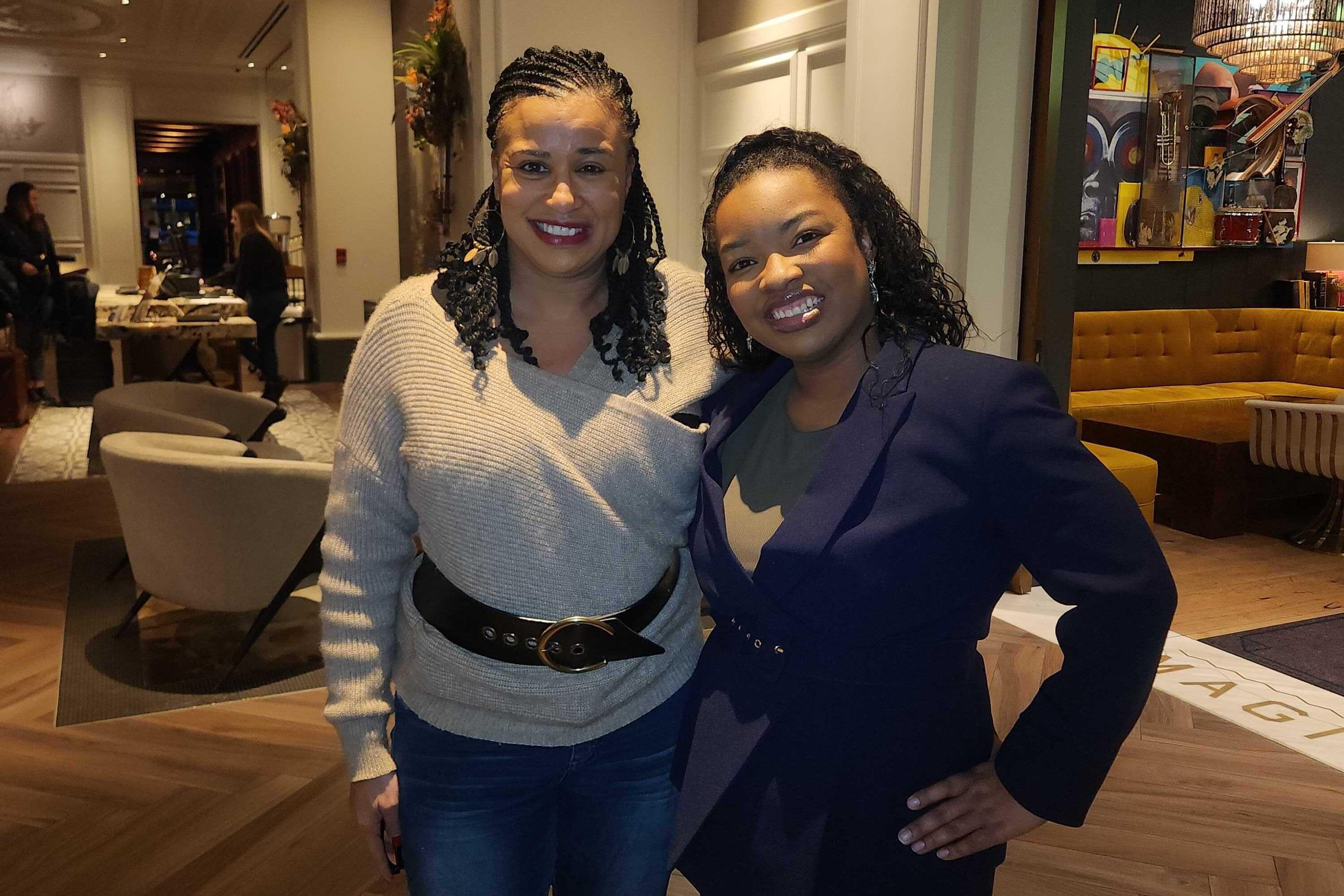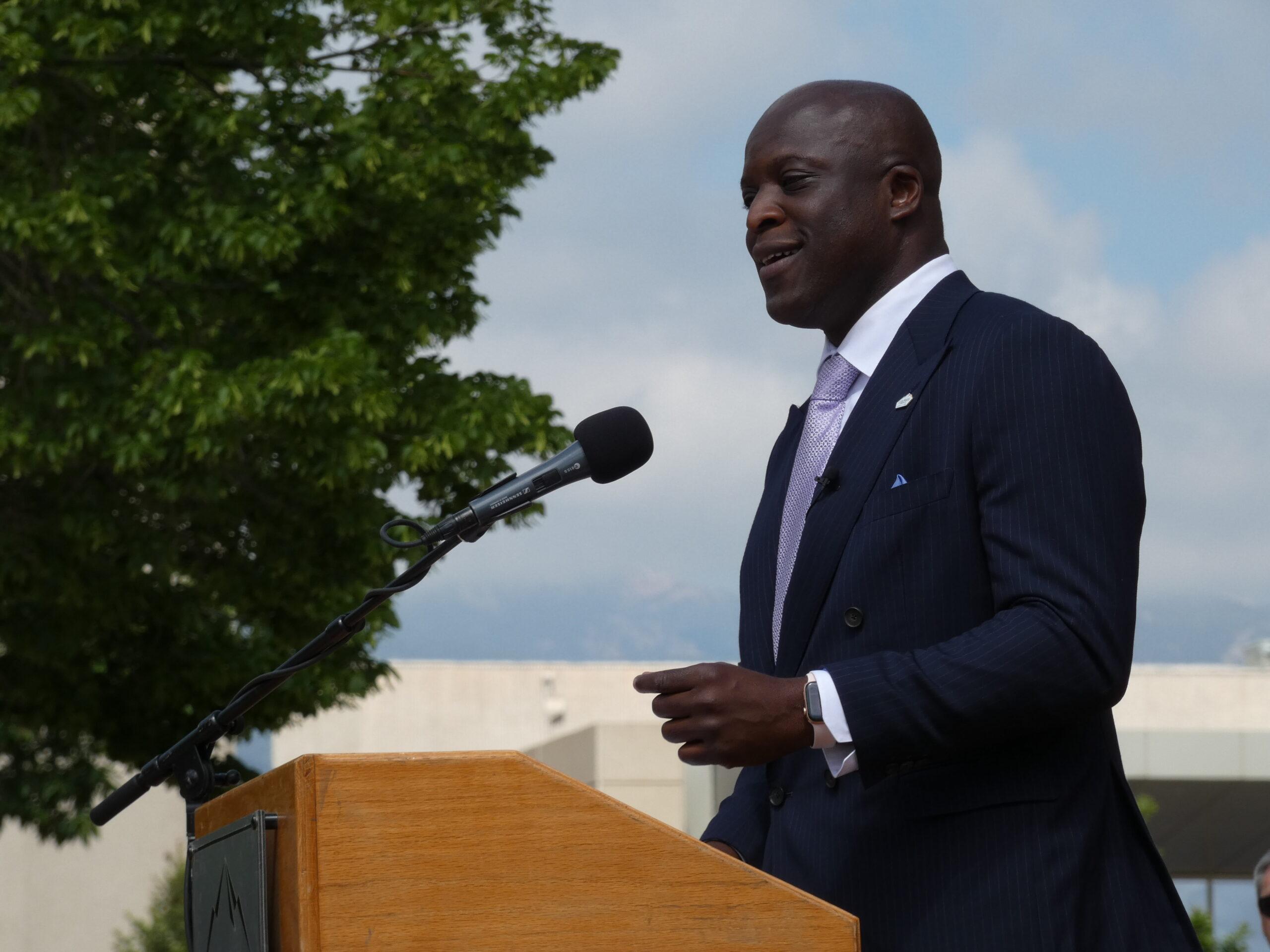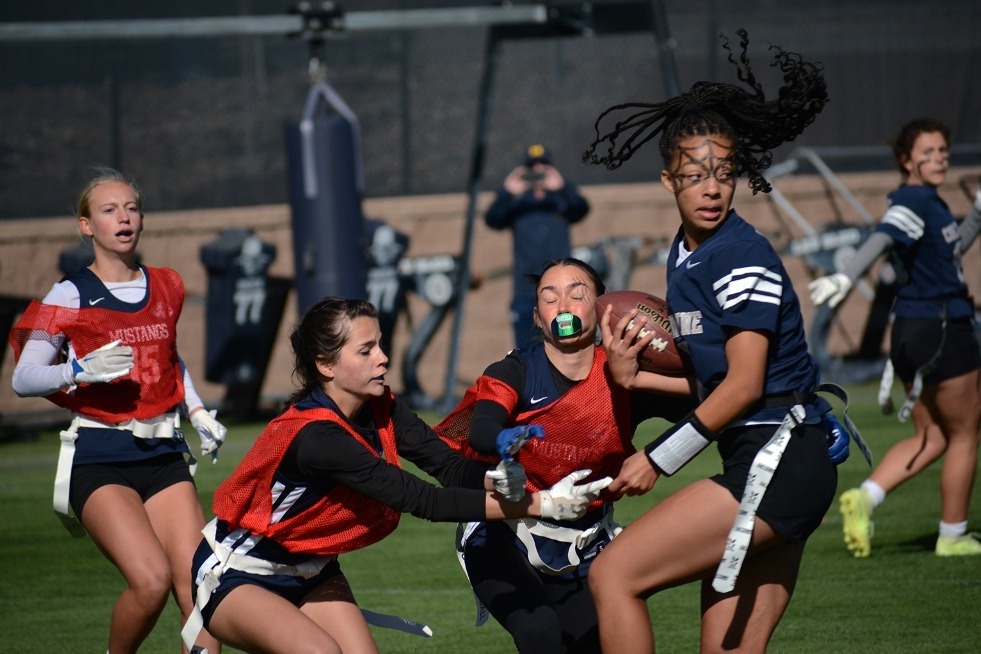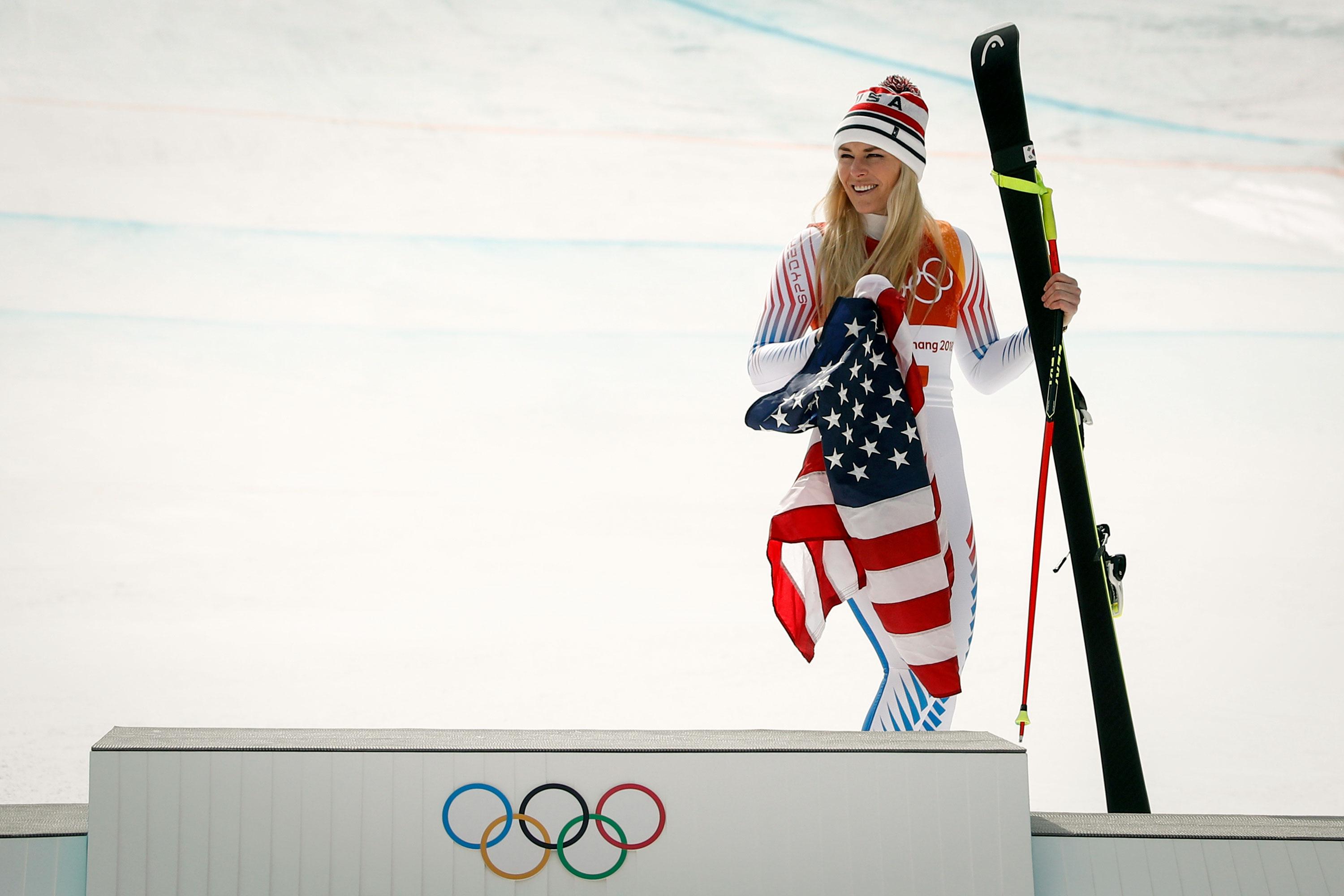
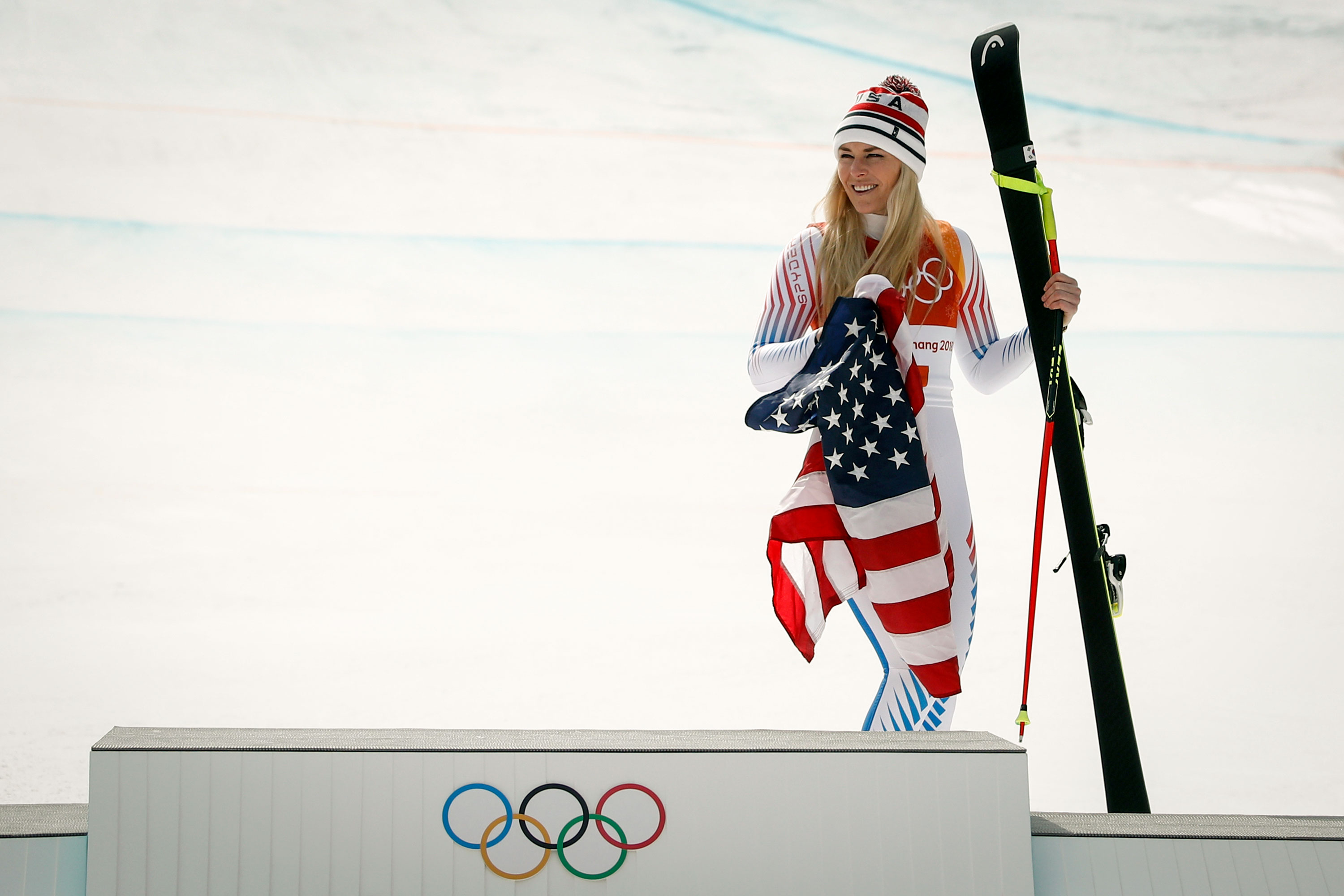
The U.S. Olympic Committee’s decision not to focus on 2026 winter games bid means Colorado’s exploratory committee is giving itself more time to make a recommendation to Gov. John Hickenlooper and Denver Mayor Michael Hancock for 2030.
Instead of a March 31, 2018 deadline, the committee will now make its recommendation about a future Winter Olympics in late April or early May. Despite that extra wiggle room, the period for public comment was not extended. The online survey to gauge public input still closes on March 3.
“At some point, we’re going to feel like those people who have wanted to weigh in hopefully have, and those people who didn’t, haven’t,” said Rob Cohen, the leader of the exploratory committee as he spoke to reporters on Thursday after their latest meeting.
Hickenlooper previously told Colorado Public Radio that he supports making the results of that survey public. The second and final online forum for public questions will be Feb. 24, at 9 a.m.
Over 6,500 people have completed the online survey, Cohen said. About 2,000 of those responses came before the committee made changes to the survey in response to criticism that it was too leading, and focused too much on the potential benefits of hosting the Olympics.
“We went back and looked at it, we went to another third-party firm who did feel like some of the questions were misleading or led in a certain way, and so we changed the survey,” Cohen said.
Cohen hasn’t reviewed the survey results and can’t comment on whether the feedback is generally in favor of or against hosting a Colorado Olympics.
He also kept details of the committee’s deliberations private Thursday, but did comment on potential transportation infrastructure upgrades, which he said are possible, but likely not absolutely necessary.
“The early indications are that I-70 can be utilized for a 17-day event that incorporates basically two or two and a half weekends and weekdays to move people up and down that we need to do to host the games,” Cohen said.
Denver was among three cities the U.S. Olympic Committee solicited bids from last fall. The other two are Reno, Nevada and Salt Lake City.
Utah has already said it will bid, and the public there appears to be supportive: A recent survey showed 83 percent of residents want to host the winter games again. Colorado has a competitive advantage, Cohen said, in that the state is able to host more people around the games — thanks in part to existing Denver venues.
“If you just look at an opening and closing ceremony at Coors Field and Mile High Stadium, with 120,000 tickets available versus 40,000 tickets available in Salt Lake, that creates revenue opportunities,” which Cohen said could create a surplus to benefit the community in the long term.
In an interview after the news conference, Cohen appealed directly to the Colorado lifestyle as he noted that the state is, “one of the greatest winter sports destinations in the world that’s yet to host the Olympic games.”
Of course, it should be noted that the opposite is currently true: Colorado is a great winter sports destination that has said “no” to hosting the Olympics in the past.

